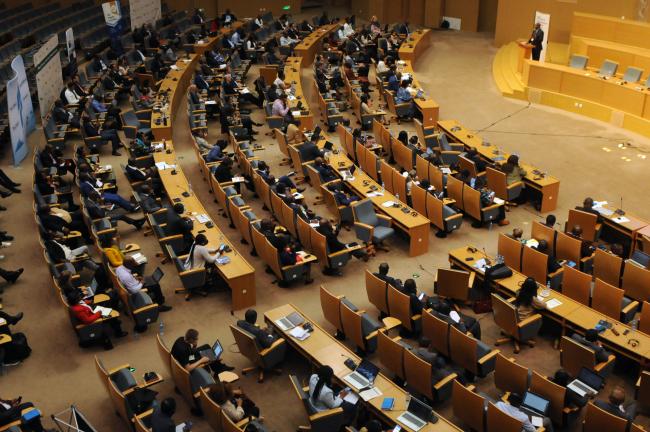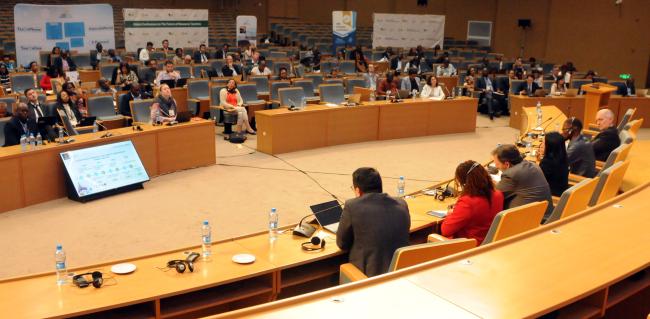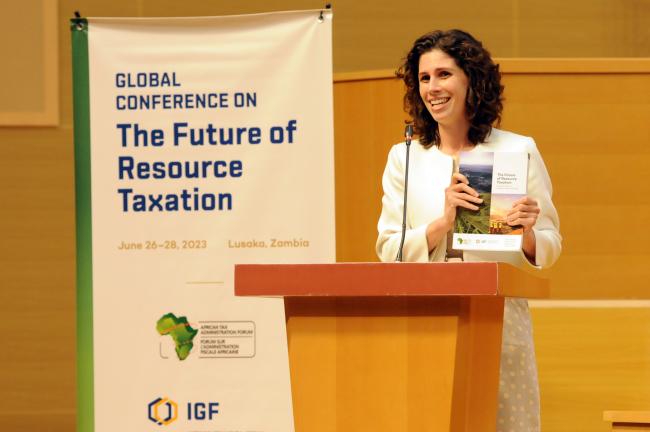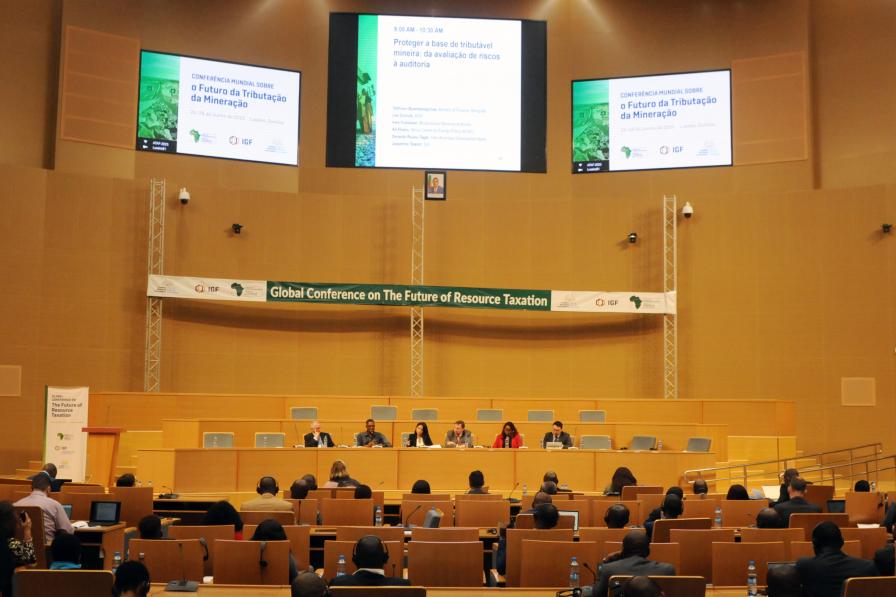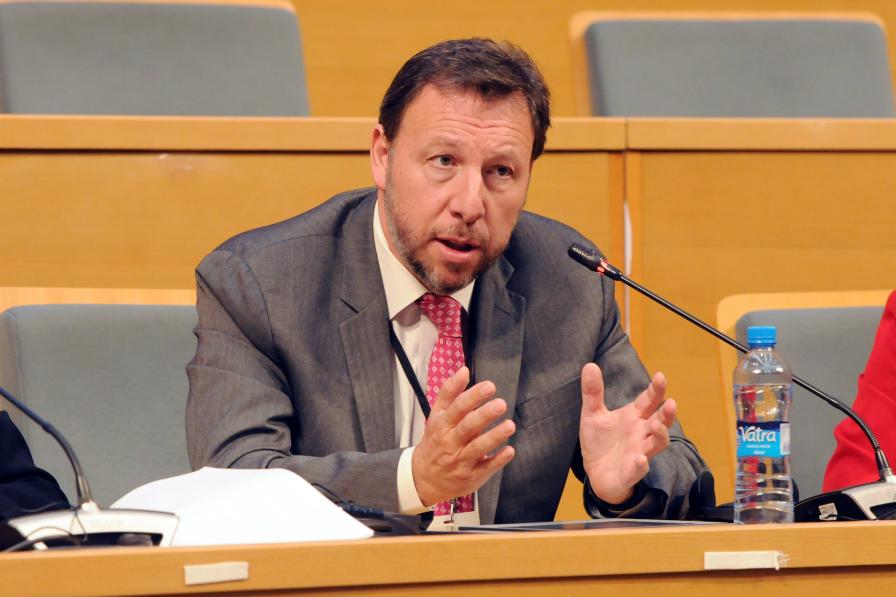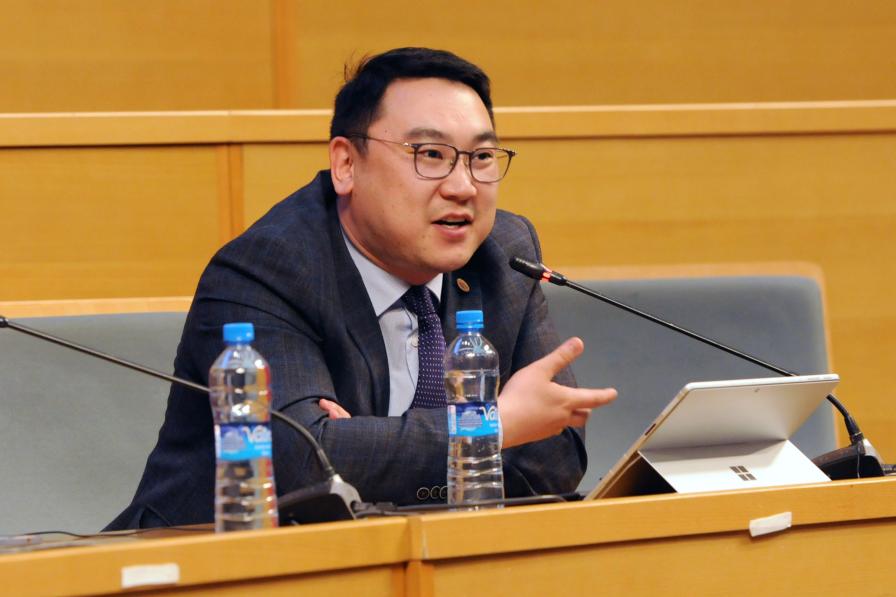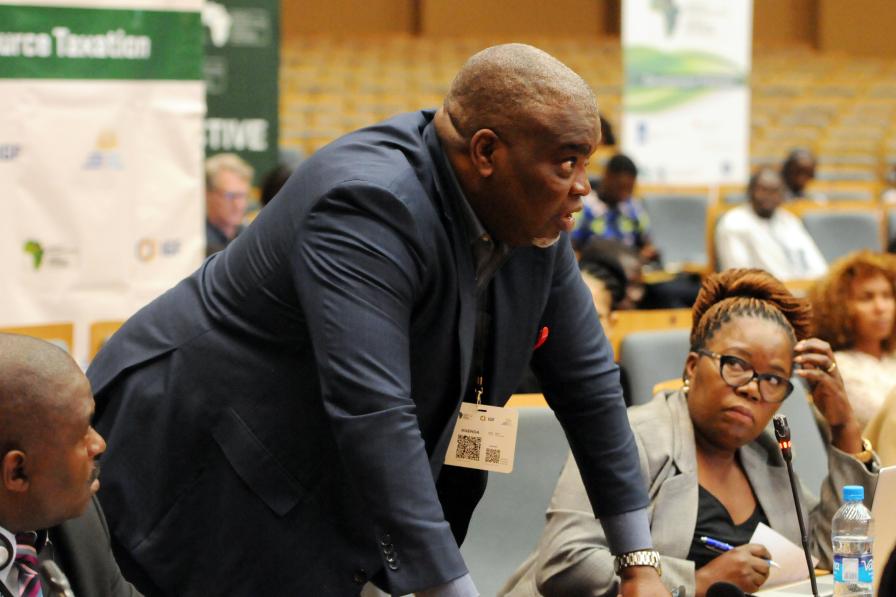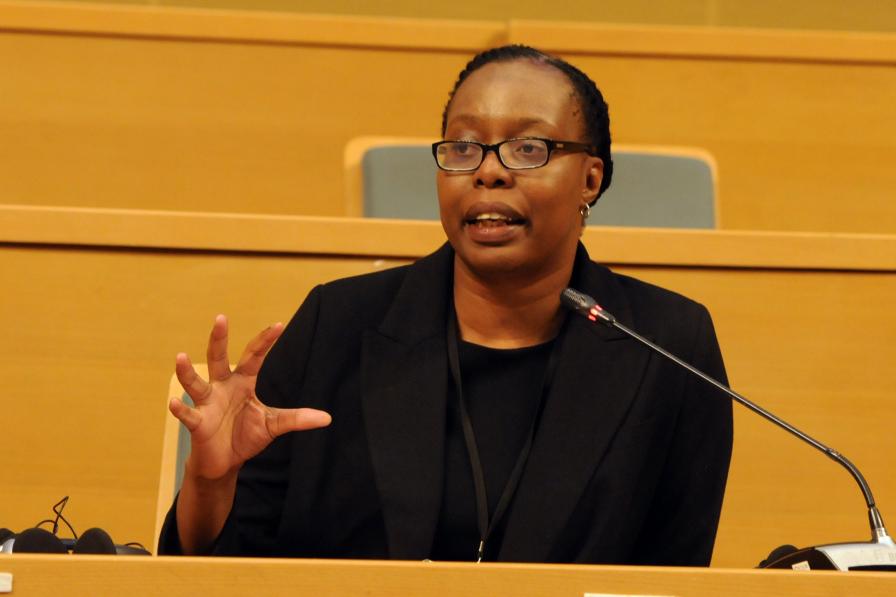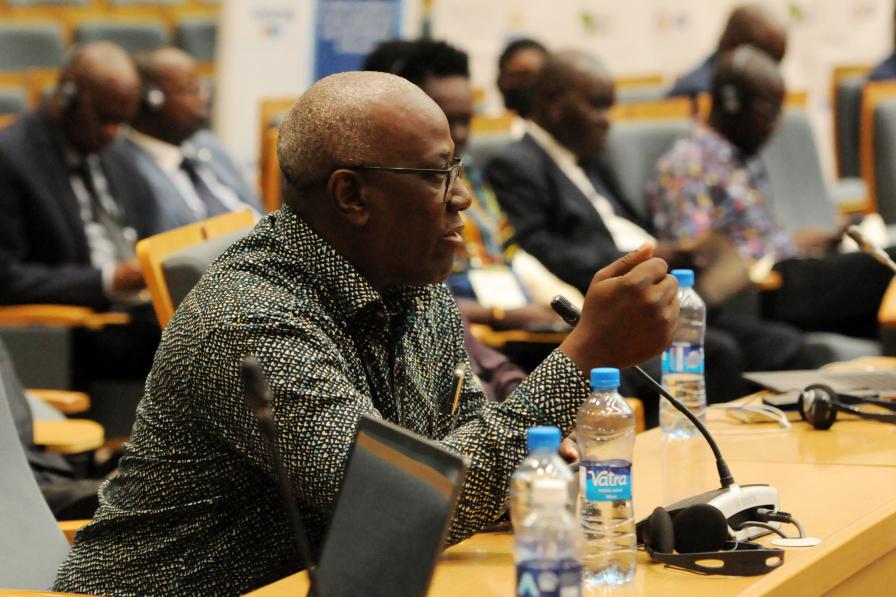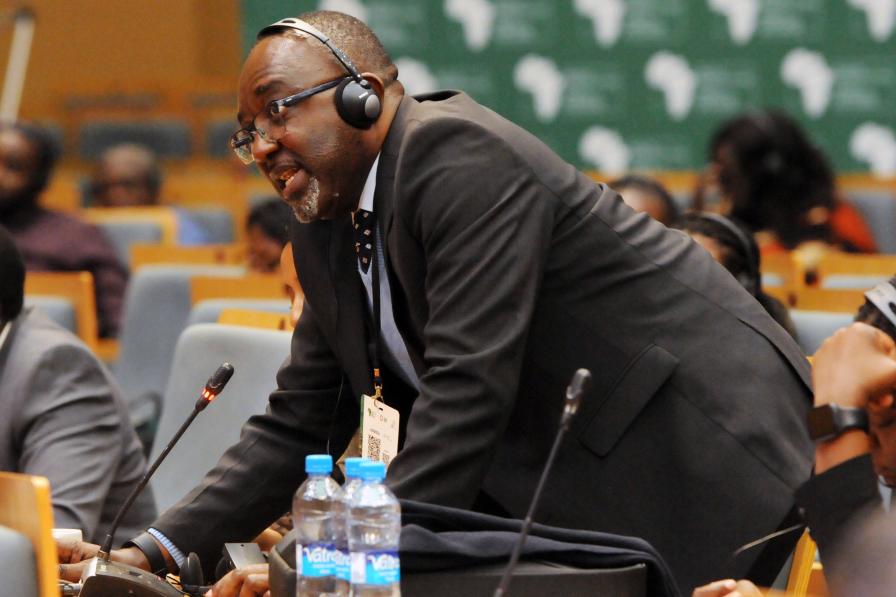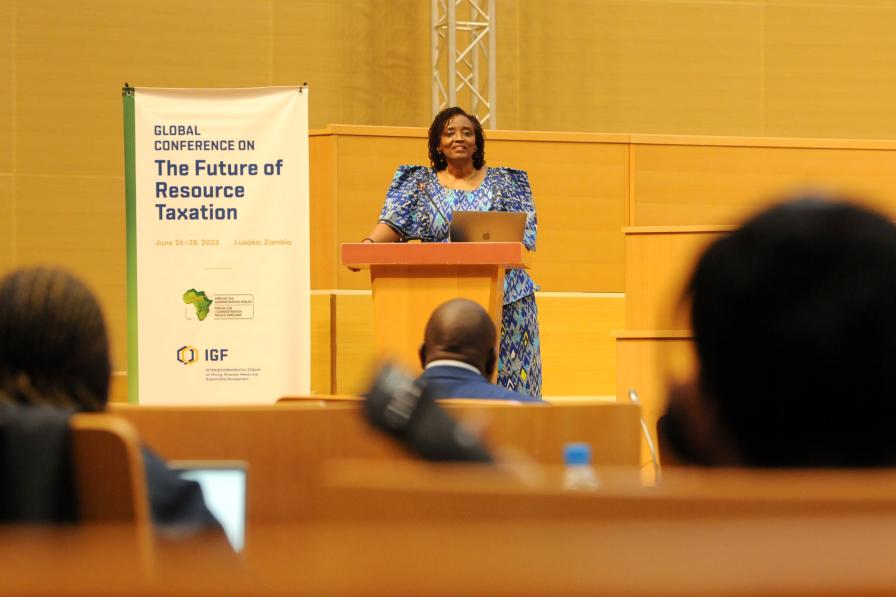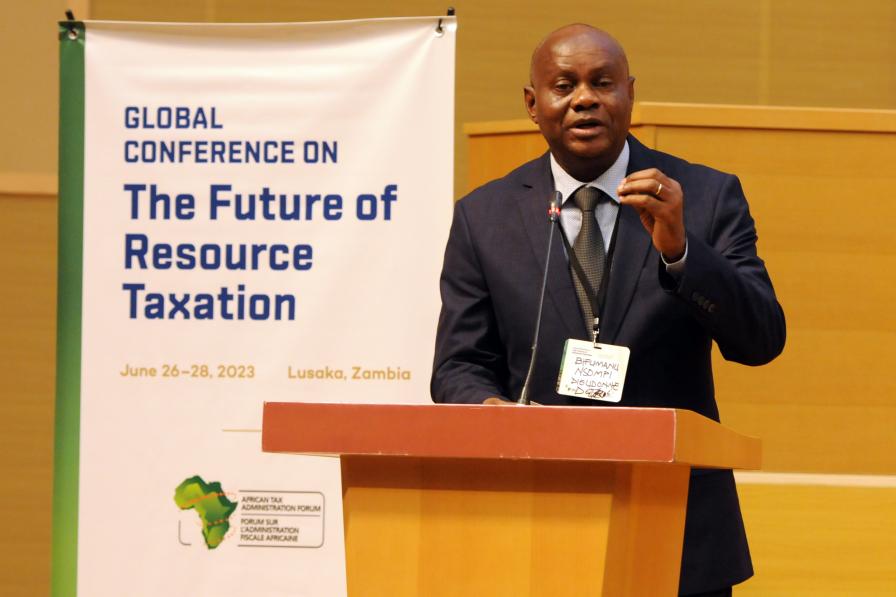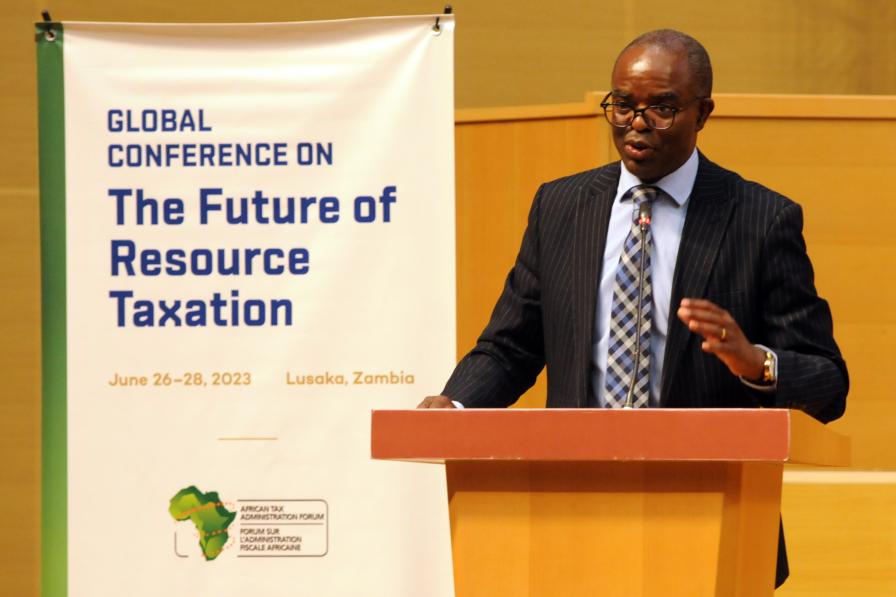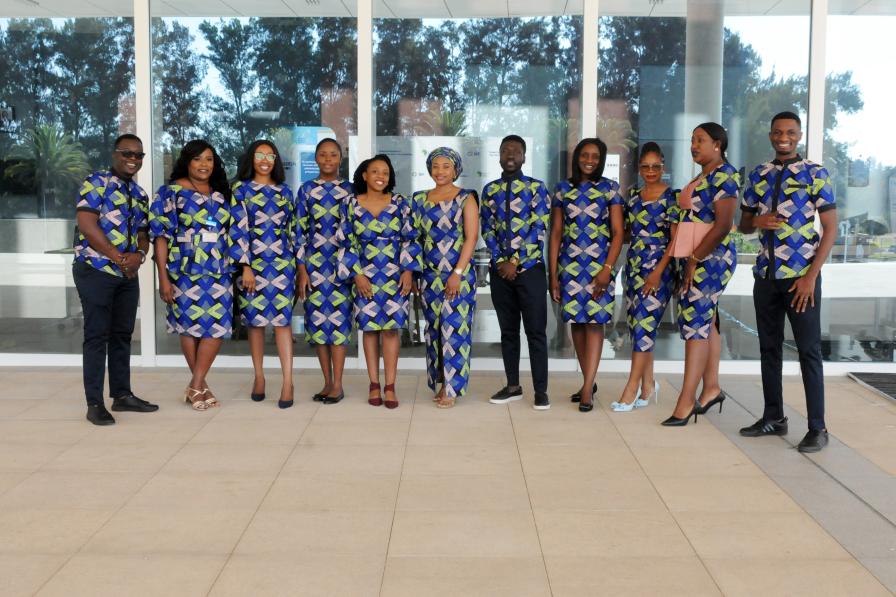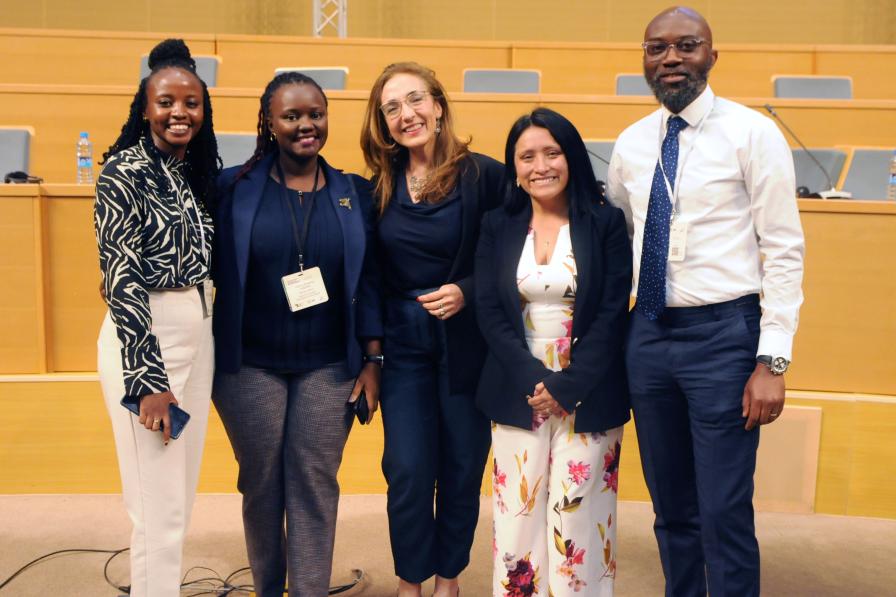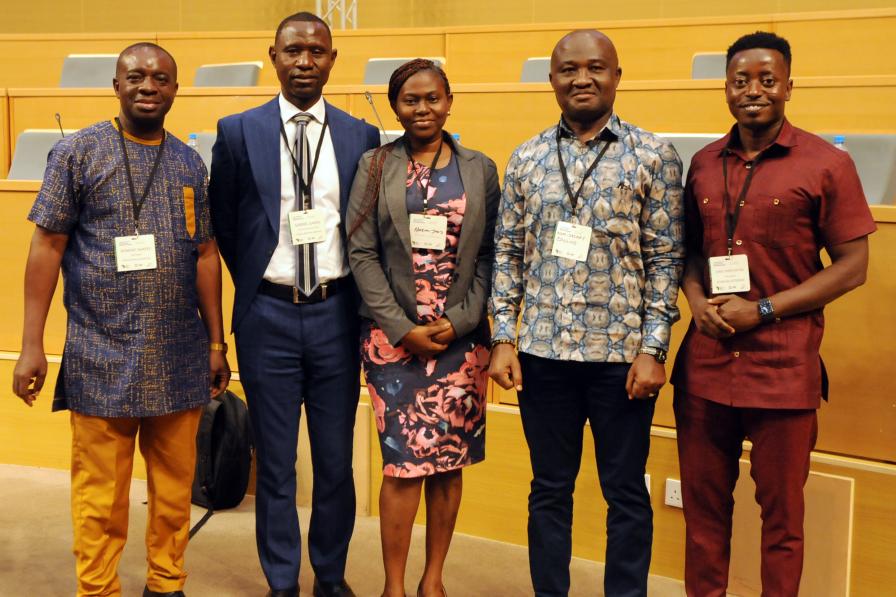“We desperately need to continue this conversation and share our experiences!” These were the final words from Taxation Director-General Dieudonné Bifumanu Nsompi, DRC’s Ministry of Economy and Finance, during the closing session of the Global Conference on the Future of Resource Taxation.
Two final substantive sessions tackled profit shifting in the energy sector, and future prospects for the mining sector. The first panel, comprising a range of experts from government, finance, and research, shared their experiences in the application of risk assessment and auditing tools to combat tax base erosion and profit shifting in the mining sector, which undercuts government revenues and threatens the energy transition. Key issues highlighted in the session included:
- profit-shifting can also take place within a country, from one mining company to another with favorable tax incentives;
- proper tax administration is very resource-intensive, with countries generally having small tax teams;
- intensive tax administration in the mining sector can be at the expense of other high-risk sectors like telecommunications;
- modern tools can contribute significantly to address challenges, such as through automated volume monitoring in quarries; and
- revenue collection complexities and a gamut of taxes in all countries are difficult to address, but solutions are constantly being developed and should be shared among members.
The session was followed by the final Fireside Chat of the conference, with Twivwe Siwale, International Growth Centre, discussing specific challenges and opportunities facing Zambia’s valuable mining sector with Danies Chisenda, Permanent Secretary, Ministry of Finance. Against the backdrop of Zambia’s recent success in negotiating a debt restructuring deal with the International Monetary Fund, the discussion explored what this means for spurring new investments to expand the production of copper and other critical minerals. Chisenda stressed the country would take a cautious approach to stabilize the sector so as “not to kill the cow that gives us milk.”
In a closing plenary, representatives of the three host organizations offered some reflections and key messages from the three-day conference and some ideas for building on their successful collaboration. Mary Baine, Deputy Executive Secretary (ATAF), remarked on the interest and passion demonstrated by all participants, saying it demonstrated the shared concern that had ignited a level of debate way beyond their expectations.
Alexandra Readhead, IGF, expressed appreciation for the “incredibly inclusive and collaborative effort” to produce the Handbook and organize the conference. She outlined four take away messages from the discussions:
- mineral-rich countries share many challenges, but also opportunities for strengthening collaboration;
- there are no silver bullets – intense effort is needed to undertake fiscal reform and build fit-for-purpose institutions to implement and continually monitor resource taxation policies;
- countries have options beyond corporate tax and royalty systems; and
- while demand for critical minerals for the energy transition is an important opportunity, countries need to stay alert to respond to rapidly shifting global dynamics.
Looking ahead, Readhead said that while the conference marked the close of a project, it had also created a platform to continue the discussion, expressing hope that this community will continue to generate and share new ideas as the sector and society evolves.
Commissioner General Dingani Banda, Zambia Revenue Authority, thanked all involved in organizing and facilitating the conference and closed the event at 12:58 pm.
To receive free coverage of global environmental events delivered to your inbox, subscribe to the ENB Update newsletter.
All ENB photos are free to use with attribution. For the Global Conference on the Future of Resource Taxation, please use: Photo by IISD/ENB | Diego Noguera

